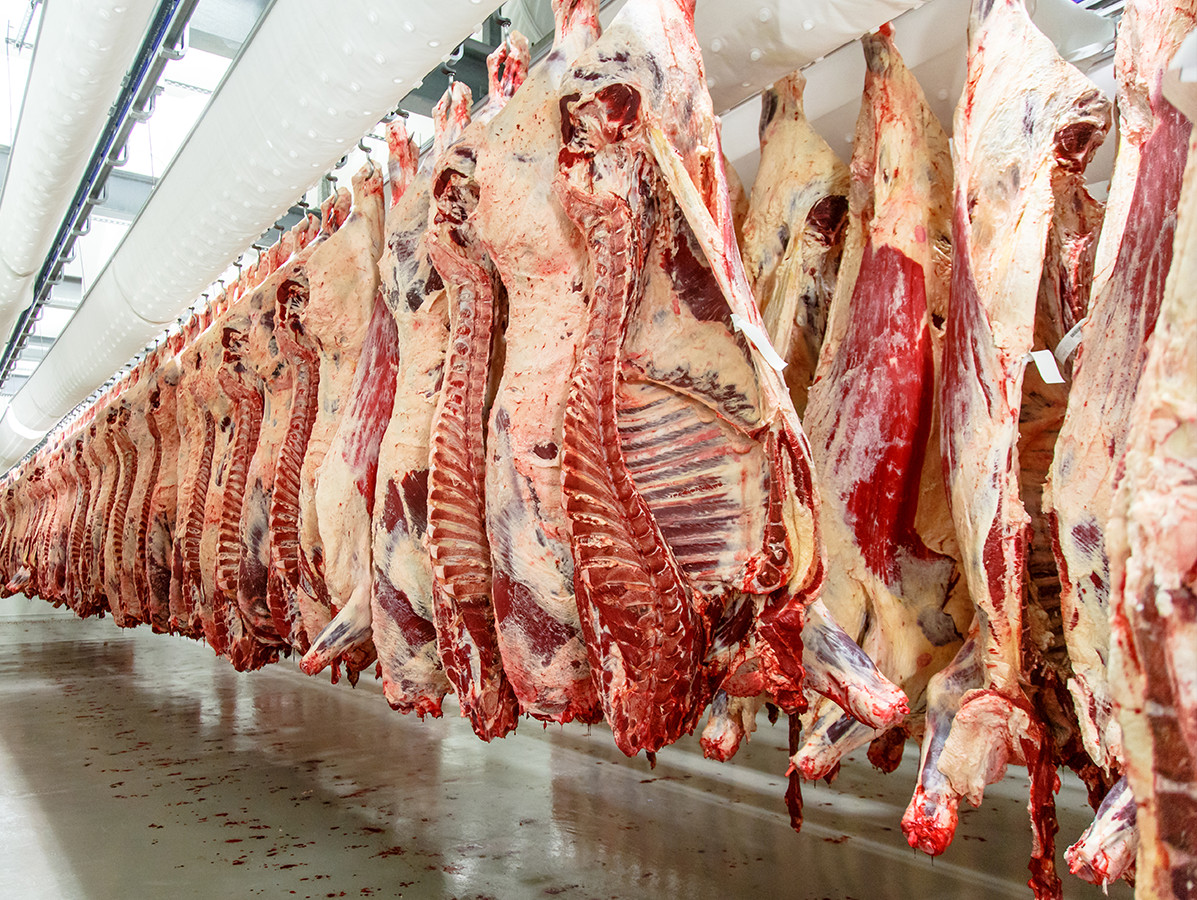
The predicament of European seasonal workers and other migrant workers needs to be addressed by more inspections of workplaces, including the Dutch slaughterhouses. Members of the European Parliament have established this. Because of the corona crisis, abuses in the workplace have become even more apparent. They also want violations of workers' rights, health and safety to be dealt with quickly.
The position of seasonal workers was discussed by the European Parliament on Tuesday with, among others, European Commissioner Nicolas Schmit for Work and Social Rights and with Jordi Curell Gotor, the head of the European Labour Authority. The members of the European Parliament expressed their concerns about the precarious conditions in which workers from Central and Eastern Europe in particular have to work. Among other things, they referred to seasonal workers in the Dutch, German and French meat industry. In slaughterhouses in these countries corona regularly occurs because the corona measures on the work floor are not complied with.
This not only concerns slaughterers whose rights are under pressure, but also, for example, care workers in Austria who come from Romania and Bulgaria. Workers in other sectors such as agriculture, construction and production are also struggling. Their safety situation is often weighed up by their employers. In total, there are 1.9 million posted workers in Europe and a further 1.5 million so-called frontier workers. These are people who live in Hungary or Slovakia, for example, and commute to Austria for their daily work.
The European parliamentarians stressed on Tuesday that, under EU law, posted workers must receive the same treatment as their domestic colleagues. They called on member states to increase the number of labour inspectorates, where necessary in cooperation with the European Labour Authority. In addition, countries must fully implement and enforce EU rules on mobility, including freedom of movement, posting and social security coordination.
A number of members underlined that there are still temporary work agencies that ignore EU rules. They recruit workers and often also provide sleeping places in guesthouses or other forms of accommodation. Members of the European Parliament called for workers to be protected from abusive practices. Workers must be better protected so that they cannot easily lose their housing in addition to their jobs. In addition, real free movement of workers is only possible if the working environment is safe, according to the members of parliament.
Source: © Europees Parlement